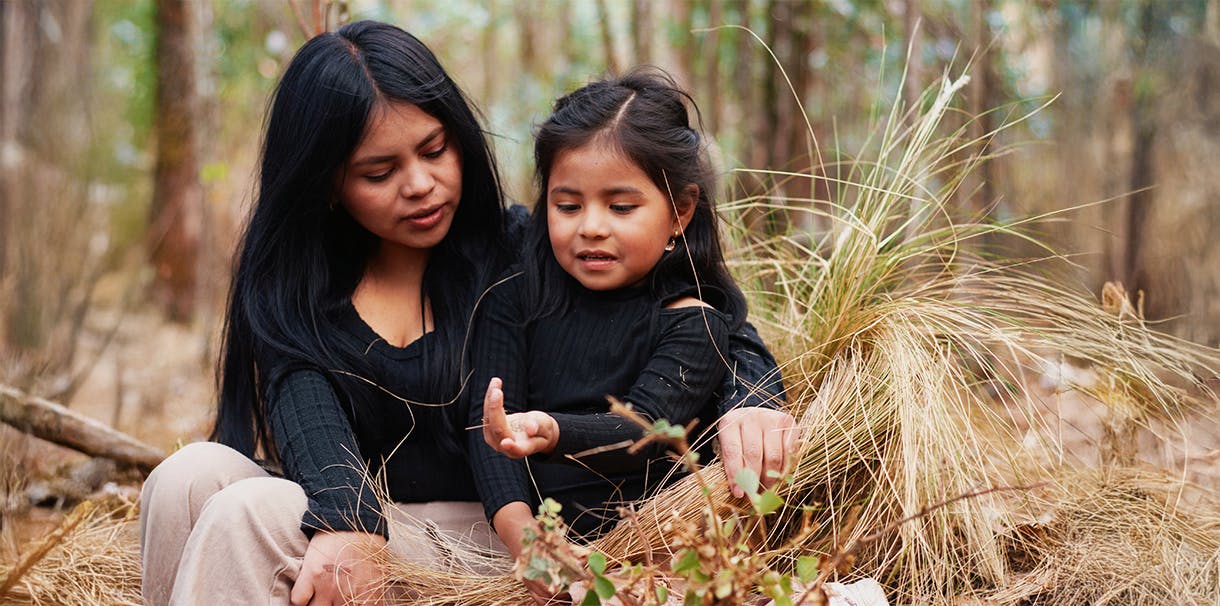Canada Day has always felt complicated to me.
As someone who is Anishininew but grew up off-reserve and white-presenting, I wasn’t directly impacted by the many harms Canada Day can represent for others in our communities. As I’ve grown deeper into my identity and understanding of the history of this land, I’ve come to see July 1st not just as a holiday, but as a moment to reflect on where we stand, and who we’ve left out of the celebration.
For Indigenous Peoples across Turtle Island, Canada Day often marks loss of land, language, and life. It’s a day that reminds us not only of the history but of the ongoing work required for truth and sovereignty.
More organizations are starting to recognize this by offering land acknowledgements. But let’s be honest, acknowledgements alone are not enough. They’re the beginning of this long journey of reconciliation, not the destination.
Rooted in Sovereignty: What Action Looks Like
If you’re truly committed to reconciliation, let July 1st be a day to show it. Tangible action starts with listening to and supporting Indigenous-led movements.
Here are a few ways to honour Indigenous sovereignty in practice:
- 1
Supporting Indigenous businesses: Purchase products from Indigenous-owned brands, artists, and farms.
- 2
Uplifting others through giving: Donate to grassroots movements and community-run initiatives.
- 3
Hold space, don’t take it up: Attend Indigenous-led events with humility. Amplifying voices rather than speaking over them.
- 4
Educating yourself and others: Learn the full history of this land, pre- and post-colonialism. Challenge your personal bias and assumptions and invite others to do the same.
These steps may seem small, but they mark the beginning of something deeper: a lifelong commitment to accountability and standing in solidarity with Indigenous communities in ways that are real, relational, and rooted in respect.
Where to Begin: Support Indigenous-Led Movements
If you’re looking for a place to start, support Indigenous-led initiatives that are already doing the work, both within and beyond their communities. These organizations offer tangible ways to move beyond acknowledgment and into meaningful, ongoing action. Grassroots Indigenous organizations are deeply connected to the communities they serve, grounded in lived experience and intergenerational knowledge. Supporting them means investing in solutions that are impactful, community-driven, and fostering a future where Indigenous voices, rights, and leadership are not just recognized but also respected.
- 1
Clan Mothers Healing Village: A land-based healing centre in Manitoba supporting Indigenous women and 2-Spirited folks recovering from trauma and exploitation. Grounded in matrilineal traditions, it offers holistic care through ceremony, land connection and cultural empowerment.
- 2
Raven Trust: Raises legal defense funds to support Indigenous Nations across Canada in asserting their rights and protecting their lands, waters, and cultures through the Canadian judicial system. They also fund ceremonial and community costs like feasts, travel for Elders, and language services to ensure access to justice aligns with Indigenous laws and protocols.
- 3
Indigenous Climate Action: An Indigenous-led organization that uplifts climate justice through Indigenous rights and traditional ecological knowledge across Canada. Offering programs, gatherings, and tools rooted in solidarity with land and water defenders. They focus on sovereignty-based climate solutions and leadership training for current and future generations.
- 4
Drag the Red: A volunteer-led Manitoba initiative where community members sift the Red River to search for missing Indigenous loved ones. The group combines grassroots action with ceremony and advocacy to highlight systemic failures and bring attention to MMIWG2S issues.

A Shared Responsibility
True reconciliation isn’t passive, it’s active. It’s listening deeply, holding space, and ensuring our celebrations don’t silence the truths that still need to be heard.
This isn’t about guilt. It’s about growth.
Canada Day can still be a time to come together, but let’s gather with awareness, with purpose, and with respect for the Nations whose lands we live on. Every July 1st is a chance to do better. To shift from symbolic gestures to real support. To move from acknowledgment to action.




